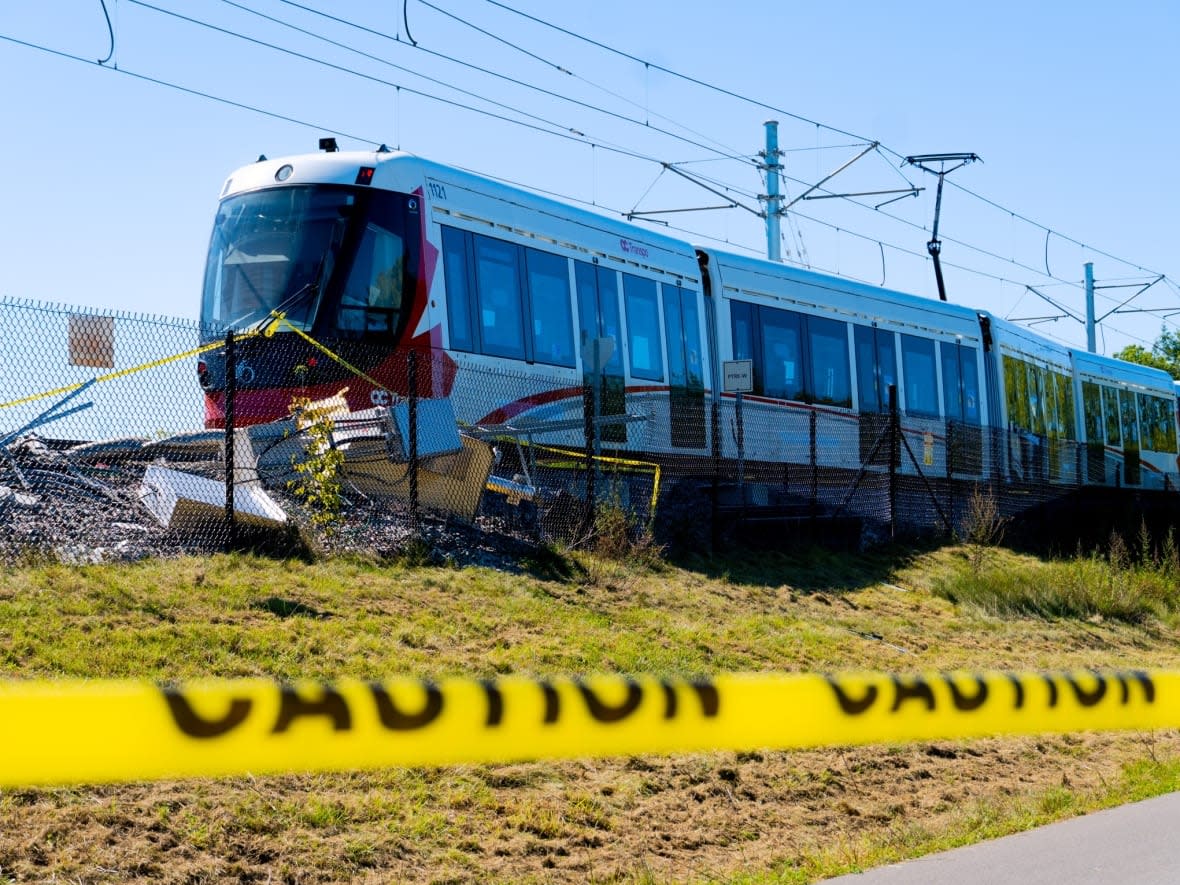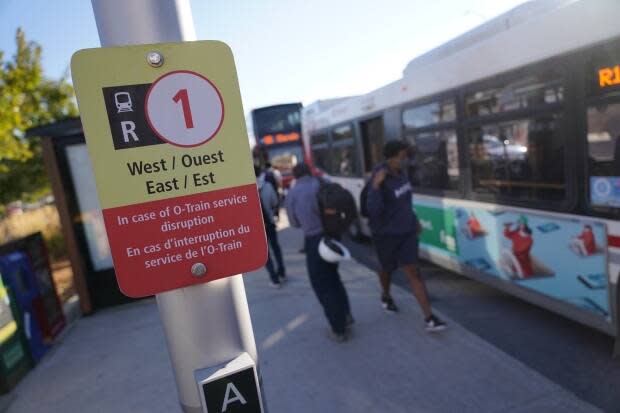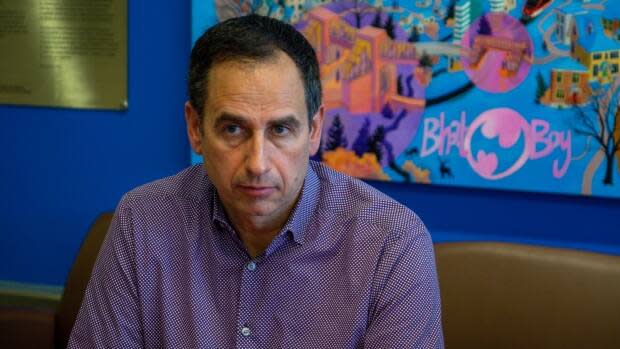LRT inquiry starts this week by hearing from the public

The Ottawa light rail public inquiry commission wants to hear from residents who might have had issues with the Confederation Line as the first public event launches today.
This week will see the beginning of the province-ordered inquiry into what may have led to the Confederation Line's many issues — including the two derailments on the main line — since its September 2019 launch.
Prior to testimony from key witnesses involved in designing, building and overseeing the LRT, the commission wants to hear from riders.
"LRT is part of the public life in Ottawa, it's an important system," said Kate McGrann, a co-lead counsel with the commission. "I would encourage people not to edit themselves. If they have an experience that has impacted them in any way with respect to their use of the LRT, then we do encourage them to come forward."

On Wednesday and Thursday at the Shaw Centre, the commission will hear from members of the public about their experiences with the Confederation Line.
The testimonials will run from 7 p.m. to 9 p.m., and there are still spots available for Thursday evening.
McGrann said for those who cannot come in person, or who don't feel comfortable speaking publicly, people can email or phone the commission. They even encourage video messages.
"If you've got information about your experiences, then the commission is very interested in hearing that," she said. "We think it's a very important part of the commission's work."
Anyone interested in sharing their comments with the commission, even outside the two evenings set aside this week for public statements, can reach the inquiry team at info@OLRTpublicinquiry.ca or by calling 1-833-597-1955.
Commission interviewed dozens of witnesses
The Progressive Conservative government called for a public inquiry last November after Ottawa's city council refused to call for an inquiry itself, opting instead to ask the city's auditor general to investigate.
The decision also came on the heels of CBC reporting that one of the city's external consultants on the LRT, Brian Guest, wrote in an email that Bob Chiarelli's support for an inquiry was "screwing" him.
A week later, on Nov. 17, CBC reported that former transit boss John Manconi was aware of reliability issues with the 12.5-kilometre east-west Confederation Line just weeks before accepting the system.
The same day, the PC cabinet announced it was calling a public inquiry, but not before Ottawa Mayor Jim Watson wrote a five-page letter to then-transportation minister Caroline Mulroney asking to brief her before she called for an inquiry.
The commission was formally established on Dec. 16 and Justice William Hourigan was appointed to lead it.
The inquiry has a mandate to investigate commercial and technical issues that led to Confederation Line breakdowns and the two derailments last year. It's also looking at the city's oversight of the project, and its adherence to laws and safety standards.
WATCH | LRT train derails:
The commission has already interviewed dozens of witnesses and the city alone has produced more than 500,000 documents for the inquiry.
Lawyers for the commission have spoken with many people at the city, including Watson, as well as representatives from builders Rideau Transit Group (RTG) and maintenance managers Rideau Transit Maintenance, plus Alstom, the French company that built the trains.
Public hearings start June 13
Some of these key players will be called to testify during the public hearing portion of the inquiry, which starts June 13 at the University of Ottawa. The proceeding will be livestreamed in English and French and broadcast on Rogers TV.
It's expected an enormous amount of information will be provided during this period.
Witnesses are scheduled to testify from 9 a.m. to 9 p.m. for four weeks, until July 8. Transcripts of their testimony will be uploaded to the commission's website the following day.
Through the course of the hearings the commission will also make available any relevant technical documents, previous testimony, and information previously gathered, said McGrann.
The witness list is not yet public.

Rapid turnaround for inquiry
Although the inquiry may often seem like a court case — it's taking place in a courtroom at the university's law school, lawyers for approved parties can cross-examine witnesses, and it's being led by an appeal court judge — there will be no findings of guilt or liability, nor can the commission order anyone to pay anyone else money.
The commissioner will look at the circumstances in the past that may have led to problems with the Confederation Line, but also make recommendations for future projects to avoid similar issues.
Despite the scope and complexity of the $2.1-billion project, the hundreds of thousands of documents it's examining and the many witnesses it's interviewing, the timeline for the commission is rapid.
It was only up and running in early 2022, but has been told by the government to present a final report by the end of August, with a possible extension to November.


